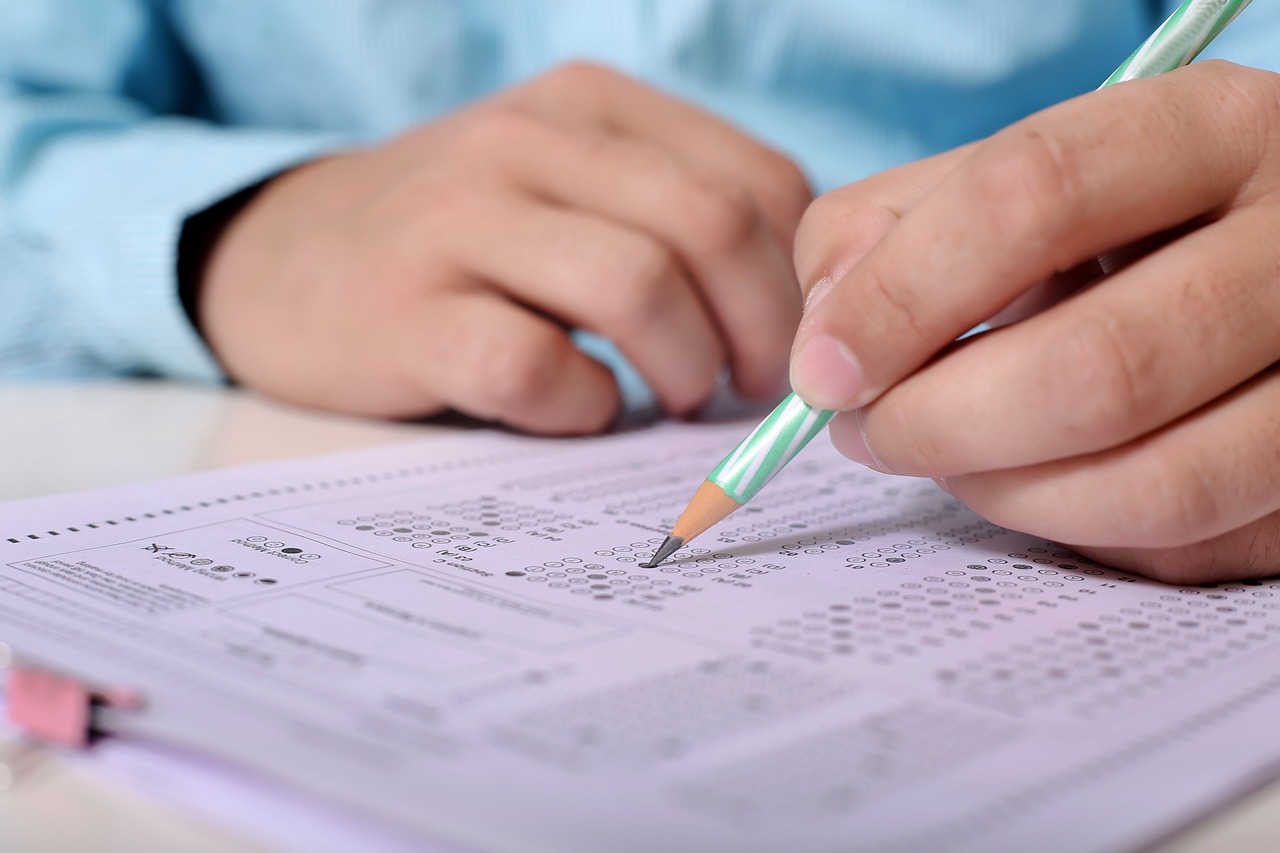KUALA LUMPUR – Malaysia can improve its poor performance in the Programme for International Student Assessment (Pisa) 2022 through the proper implementation of existing policies and by involving parents more in their children’s education, educationists said.
Parent Action Group for Education chairman Datin Noor Azimah Abdul Rahim said the Education Ministry already had strategic plans for students, but poor delivery and execution hampered efforts to reach the targets.
Citing the Malaysian Education Blueprint (MEB) 2013–2025 as an example, she said the ministry has to own up to implementation problems and rectify them to turn around the results in the next Pisa evaluation in 2025.
“We have some sound policies, such as MEB 2013–2025 and the Dual Language Programme, but somehow along the way, they do not get implemented as intended,” Noor Azimah told Scoop.
For successful implementation, she suggested that parents and other education stakeholders are regularly consulted, along with programme monitoring and prompt interventions when the need arises.
“MoE must be made accountable. It is not a difficult task to get children to read. Once children like to read, the world is their oyster,” she said.
In the Pisa 2022 assessment, Malaysian 15-year-olds scored lower in reading, mathematics, and science literacy than in 2018.
Students scored 388 for reading, compared to 415 in 2018; 409 in mathematics (440 in 2018); and 416 in science (438 in 2018).
The drop in performance was attributed mainly to learning interruptions caused by the Covid-19 pandemic and was also noted in other countries in the international benchmark study conducted once every three years by the Organisation for Economic Co-operation and Development.
Universiti Kebangsaan Malaysia Faculty of Education lecturer, Assoc Prof Hasnah Toran, said the ministry should make amendments to the way student assessments are done.
“We should be trying to move away from the mentality that success means getting As in examinations. What happens to our students is that they are unable to think critically and analytically.
“I think the (current) school-based assessments are not the best we can do,” Hasnah also said, noting that the system has burdened teachers with more work.
It is unlike teachers in US schools who are usually in charge of 15 to 20 students, she added, whereas Malaysian teachers are typically in charge of around 40 students.
Improving students’ performance also entails other aspects, such as facilities and how teachers are treated.
Citing Finland, Hasnah said the teaching profession there is regarded as one of the most important professions in the country and is given recognition as such.
Educationist and former Universiti Malaya professor Tan Sri T. Marimuthu also support greater parent-teacher and ministry collaboration for students to improve their performance.
Children from B40 families need more support and resources, such as enrichment programmes, tuition classes, and books, which are areas where the school management and parent-teacher groups can collaborate to deliver, he suggested.
“We have two years from now to 2025, so we have to sit and think through how to improve the Pisa results by improving teaching and learning efficiency.
“If there are weak students, they need extra classes. Parents can sign their children up for tuition, but for B40 students who cannot afford that, schools can organise extra classes.
“Parents also need to get involved in encouraging their children to learn. They should encourage their children by asking, ‘Are the teachers looking after you? Are the teachers teaching you? Do the teachers encourage you to do extra work?’” he said.
Marimuthu added that teachers and the MoE need to think through strategies to increase students’ literacy following the Covid-19 pandemic, noting that Malaysia was not the only country to see a drop in Pisa scores.
Azimah, meanwhile, noted how Malaysia’s school closures during the Covid-19 pandemic had caused severe learning disruptions, which have made existing challenges more acute.
However, the pandemic had also accelerated the use of digital tools in education, which she said could be leveraged as a tool to enhance students’ learning. – December 7, 2023


